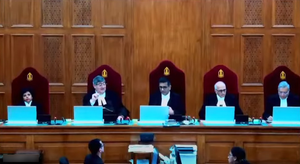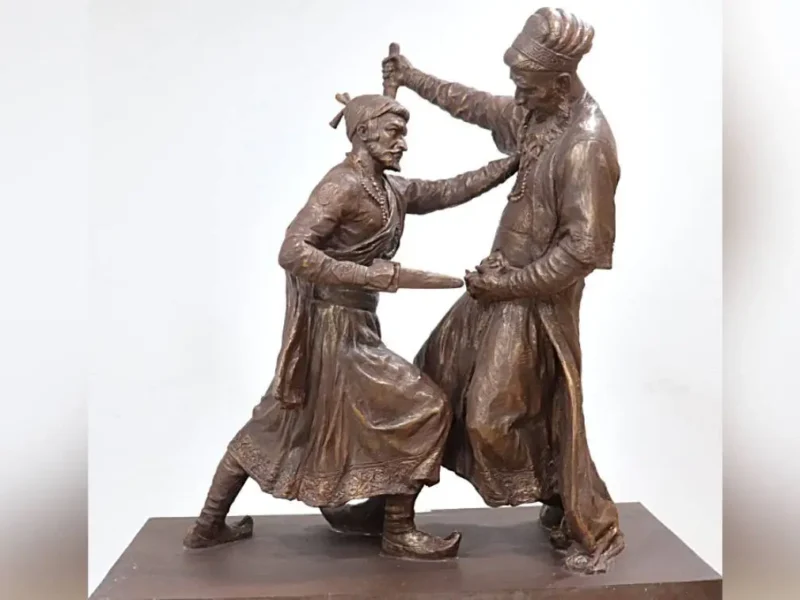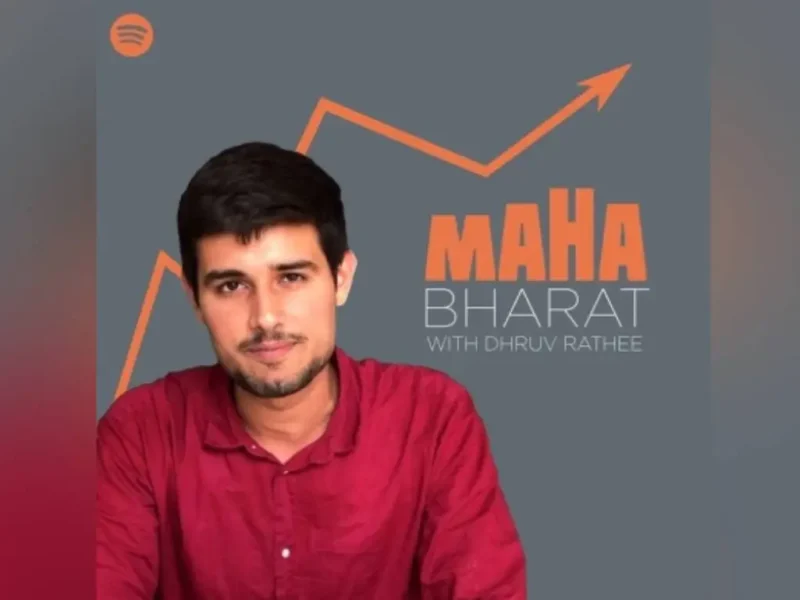India’s Supreme Court Shows Broad Support But Does Not Legalize Gay Marriage
NEW DELHI, (IANS) – Delivering the verdict on same-sex marriage, Chief Justice of India D.Y. Chandrachud on October 17 said that queerness is not an urban or elite concept and the right to choose a life partner lies at the root of Article 21 of the Constitution. He said that Article 15 of the Constitution prohibiting discrimination based on sex is to proscribe all forms of discrimination based on ‘sexual orientation’.
The court then passed the decision on to a high-powered committee appointed by the Modi government, which is known for not being in support, to take steps to decide the rights and social entitlements of same-sex couples.
The government had stressed that petitions that “merely reflect urban elitist views” cannot be compared with the views and voices of a far wider spectrum of people. It contended that legal validation of same-sex marriage will cause “complete havoc” with the delicate balance of personal laws in the country and in accepted societal values.
The court however has asked the Center to find a way to give same-sex couples basic social benefits, like joint bank accounts or nominating a partner in insurance policies, even without legal recognition of their marital status.

It said that the government will sensitize the public about queer rights and create houses in districts for queer couples.The apex court directed that a hotline will be set up by the government for providing assistance to the queer community. It laid down that no individual will be forced to undergo hormonal therapy or intersex children be subjected to forceful medical operations.
Issuing directions to all the police forces, the Constitution Bench said that queer couples will not be harassed by summoning them to police stations or visiting their places of residence to solely interrogate them about their gender identity or sexual orientation. The apex court said that the state machinery will not force queer persons to return to their birth families against their will.
It further said that the police will ensure that freedom of queer individuals is not curtailed, and due protection is given to them if any complaint apprehending violence from the family is lodged.
The Bench comprised of Justices S.K. Kaul, S.R. Bhat, Hima Kohli, and P.S. Narasimha.
The Supreme Court said that courts cannot make law and can only interpret it. It refused to accept the petitioners’ contention that in the Special Marriage Act wherever ‘husband’ and ‘wife’ is used, it can be made gender neutral by using ‘spouse’, and ‘man’ and ‘woman’ should be substituted by ‘person’.






RAJENDIR K SHARMA
/
Whether we like it on not, there are now three forms of marriages: the traditional one between male and female, between 2 males (known as Gandu Marriage), and between 32 women (known as Chutt marriage). Those who wish to marry thru Gandu or Chutt do not have any mental issue; it is simply their mind structure naturally developed. So if you don’t like Gandu or Chutt couples, just think that they are human beings and deserve respect.
October 19, 2023